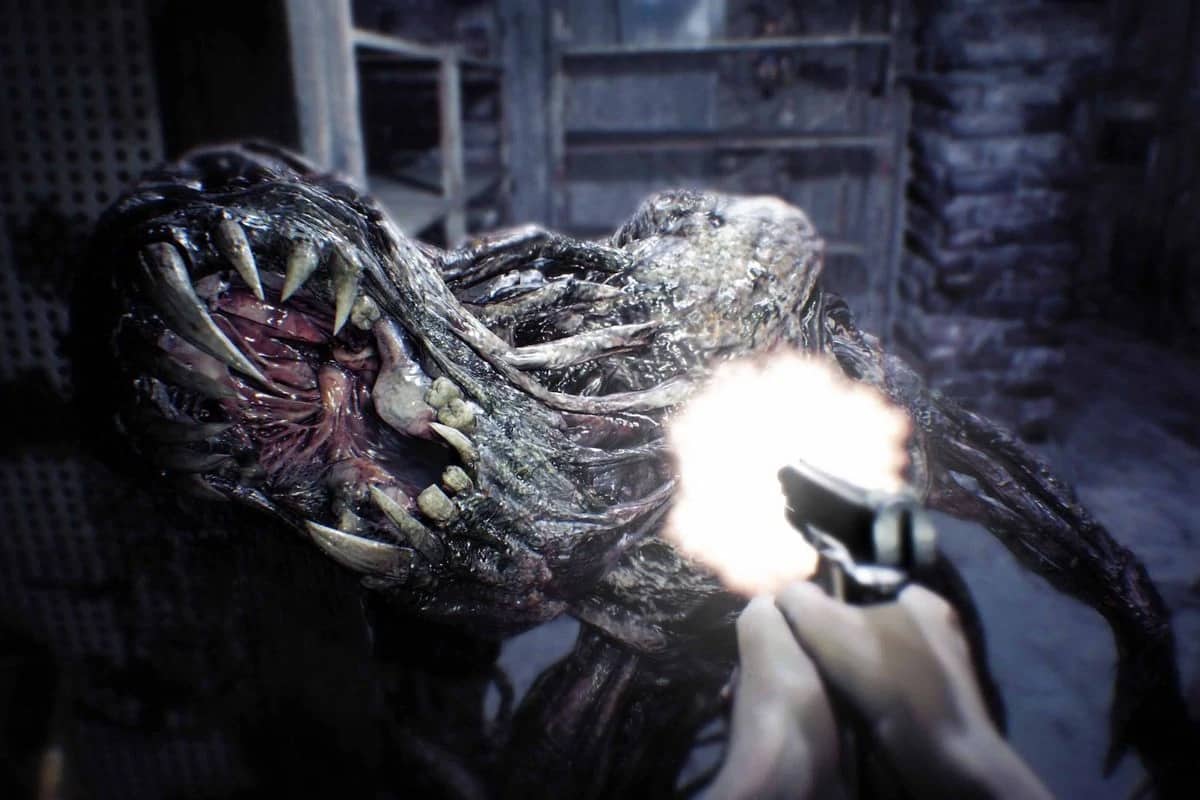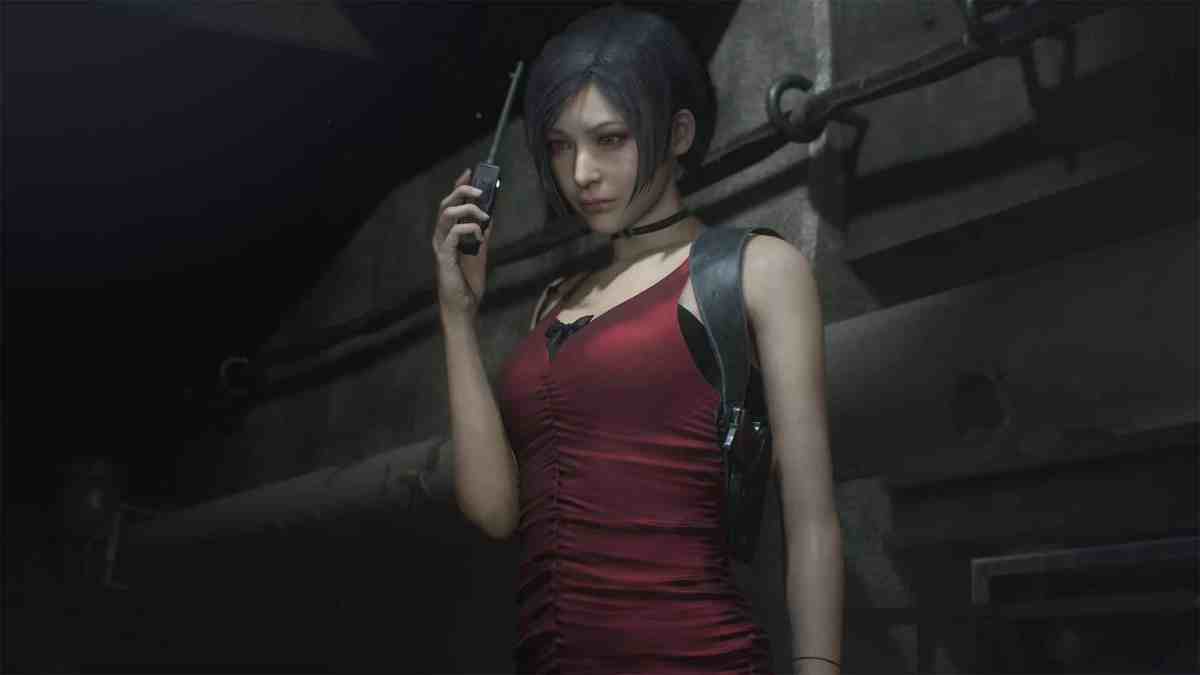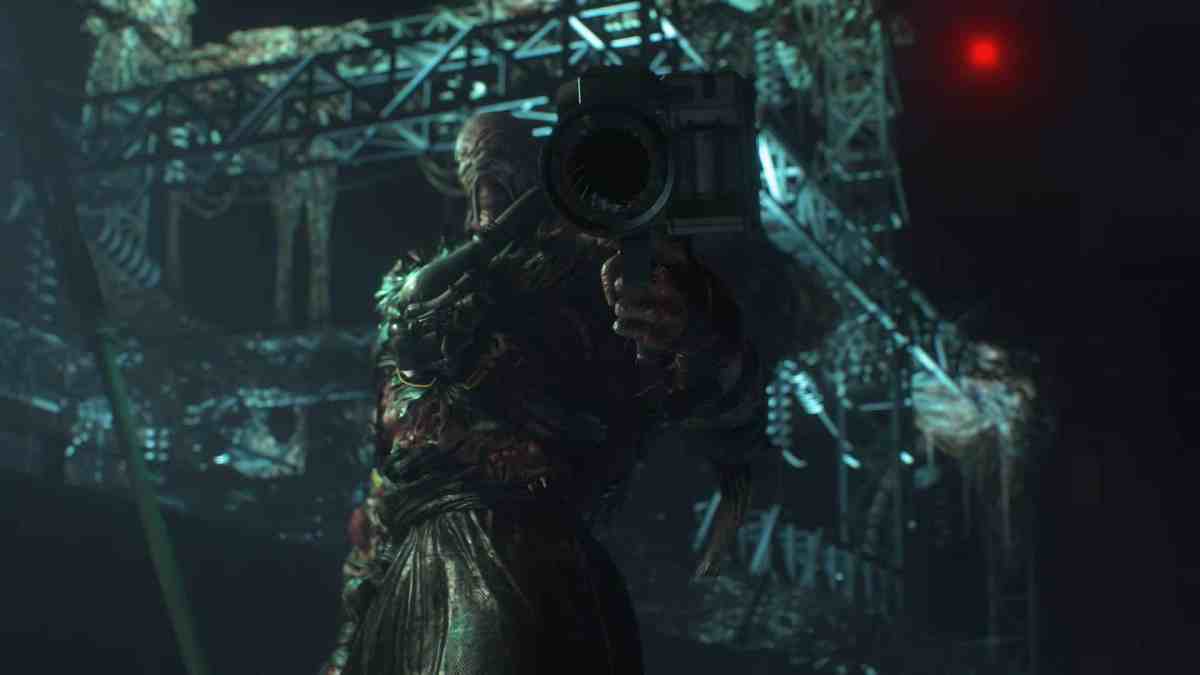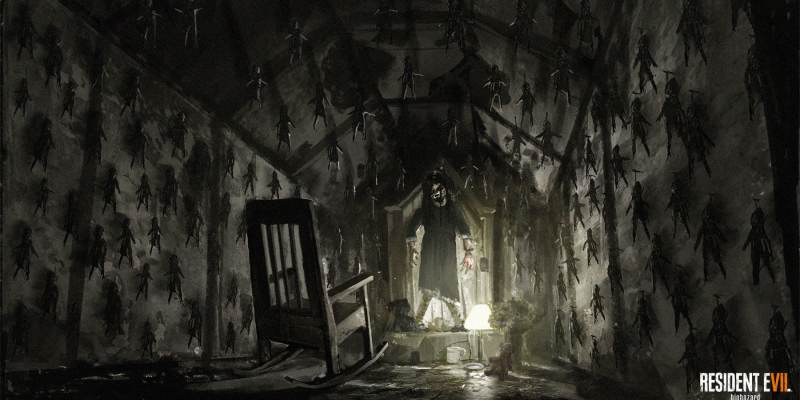It’s been a big week for the Resident Evil series. After only being announced a few months ago, the Resident Evil 3 remake released to a slightly less positive response than 2019’s excellent Resident Evil 2 remake. And with those updates behind us, the future of the series has now started to take form thanks to a series of rumors and reports from reputable sources that point to the upcoming Resident Evil 8 taking the series in yet another strange new direction. But amidst the peaks and valleys of Capcom’s survival horror franchise, I can’t help but feel like Resident Evil has become the gaming equivalent of the cinematic DC Extended Universe, for better or worse.
Let’s start by unpacking some of the rumors. Last week, reputable insider Dusk Golem said, “This will be breaking this month with more details later not by myself, but I’ve needed to clear some stuff up. ‘Resident Evil 2021’ is Resident Evil 8, but it wasn’t always RE8. During most of its development it existed as Revelations 3.” This report was further corroborated by website Biohazard Declassified, who added that the new game will allegedly be titled Resident Evil: VIllage, with the first four letters of “Village” doubling as the roman numerals for the number VIII. The report states that the upcoming game will be set in a snowy European village and have a heavy focus on a single antagonist — a witch similar to Mr. X, Nemesis, or Resident Evil 7’s Marguerite, who is able to control insects and haunts the player throughout the game. It’s also set to feature some werewolf-esque creatures, which is a departure from the mud-men, bugs, and hillbillies that occupied RE7.
Speaking of, as a direct follow-up to Resident Evil 7, the rumors point to the new game focusing on both RE7’s Ethan as well as series-regular Chris Redfield, who popped up in the final moments of RE7 as well as the DLC. The supposed leak concludes by corroborating the previous reports that the upcoming game will feature hallucinations that make you question whom you can trust.

To me, this brings to mind shades of GameCube’s wonderful Eternal Darkness, which had sanity effects that could break the fourth wall. It’s also something Capcom toyed with before in the canceled Resident Evil 4 prototype colloquially known as Resident Evil 3.5. Coincidently, the way that game is spoken about in mythic tones is similar to how folks look back on the George Miller Justice League movie that never was.
First off, all of this sounds really cool. Having the game take place in a snowy European village filled with spooky witches that somehow tie together characters from throughout the series all seems like it could make a really interesting experience. Plus, Resident Evil 7 did a fantastic job of bringing true horror back to the series, which is something it had strayed away from ever since Resident Evil 4’s action-oriented direction. I feel like the decision to shift the game into first-person also created a constant sense of tension and powerlessness.
That said, this all feels so tonally and mechanically different from what we experienced over the past year with the RE2 and RE3 remakes, which illustrates my feeling that the Resident Evil series as a whole has become a ship at sea without a compass in hand or destination in mind. But that isn’t necessarily a bad thing.
This stark contrast between installments isn’t anything new for the series. Trying to chart a natural evolution of the series has always been impossible, as the journeys between each installment do not move in a predictable straight line. Factor in the numerous remakes, heavy-action Resident Evil 6, the Kafkaesque story of Revelations 2, the VR component of RE7, and the misfires of multiplayer experiences like Operation Raccoon City, and what you have is a series that specializes in a scattershot approach.

It feels like a hodgepodge of different visions, voices, ideas, gameplay styles, and stories that contain some trace elements of connectivity, but they ultimately come off as a bunch of disparate entities — the same way DC’s Wonder Woman, Birds of Prey, and Shazam! movies all feel separate and distinct despite their shared source material. Even the ways elements of Resident Evil have entered other series like Marvel vs. Capcom almost feel like the way Teen Titans or LEGO Batman have used their iconic characters. And again, that’s okay.
It makes sense for a video game series like this to veer off in different directions. Next year will be the series’s 25th anniversary, and its evolution has been intrinsically tied to the advances in hardware, as well as the taste of the general consumer, sometimes even treading that new ground itself in the case of how Resident Evil 4 refined the blueprint for third-person action. It’s no surprise that the series began to lean heavier on the action as the popularity of Call of Duty and Grand Theft Auto began to take over the industry. Likewise, the rise of horror’s popularity, particularly in the indie game space over the past five or six years, may have helped Capcom with the decision to bring part of the series back closer to its roots. I don’t know where we’d be if Capcom had laid out a plan for eight Resident Evil games back in 1996 and rigidly stuck to it, but I can’t imagine the outcome would’ve been good.

At this point in 2020, if someone says there’s a new Resident Evil game, I’m not entirely sure what to expect, whereas if there’s a new Halo or Uncharted or Mario, I can make a pretty educated guess on what it’s going to be like. I get the similar feeling when I head into a new DC movie. The massive critical and commercial success of a “superhero” movie like Joker that draws its inspiration not from its predecessors, but rather the early films of Martin Scorsese, proves that these things can succeed as their own entities. I feel like the massive success of the Marvel Cinematic Universe has created a false expectation that all of these works in a given series need to be intrinsically interlinked, which I simply don’t think always has to be the case.
I have a similar reaction to hearing these rumors surrounding Resident Evil 8 that I did when I saw the recent leaked set photos from Matt Reeves’ upcoming film The Batman. I trust the creators of both, I’ve adored their past work, and I’m avoiding passing any premature judgement on speculation and works in progress. Both of them seem so wholly removed from recent entries in their respective worlds, and honestly, going in with a relatively clean slate is exciting to me. If Resident Evil does share a similar path as the DC films, my hope is that the dark days of Batman v Superman and Justice League are behind us — and let’s be real, Resident Evil 6 is most definitely the Justice League of the series. If the future of Resident Evil is a mix of gorgeous remakes, interesting new games, and experiments in emerging technology in the same way that recent DC hits have introduced new styles, tones, and voices into the mix, then I’m all for it.
